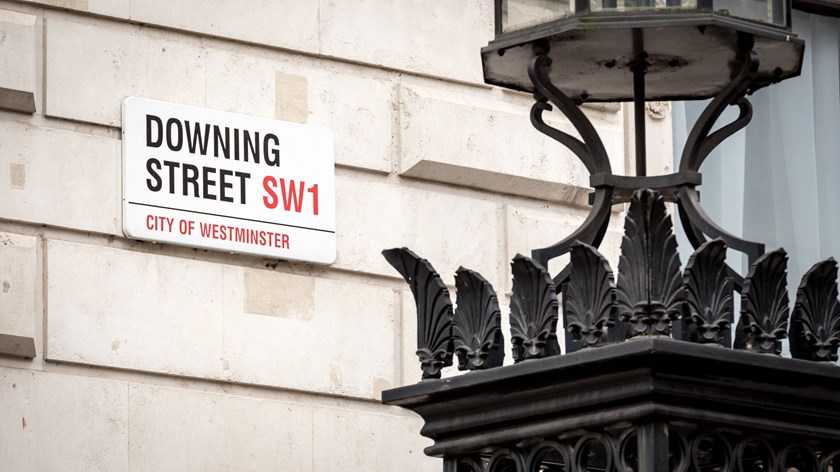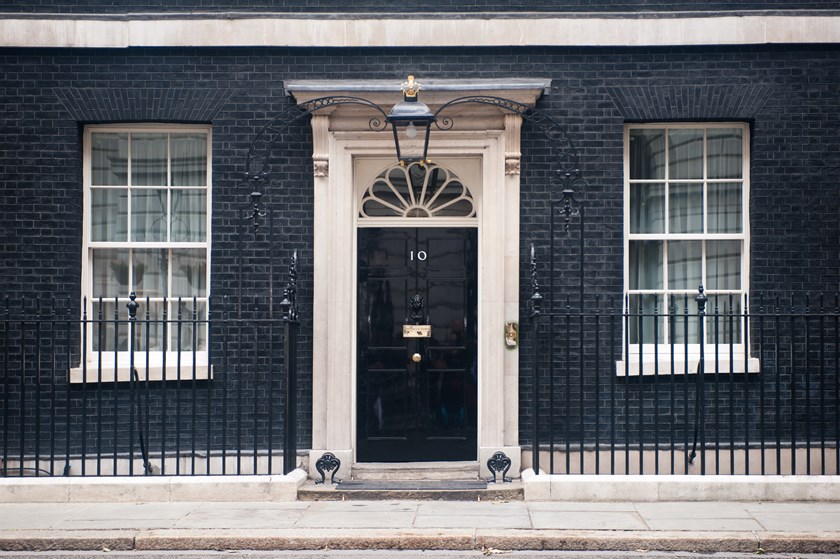VAT and Property: planning for VAT in UK commercial property transactions
Insight

Most commercial property transactions will have VAT consequences. Often, complex VAT issues can arise from seemingly innocuous transactions, and it is crucial that the parties are aware of any potential VAT issues at the earliest stage.
This series of introductory guides is intended to highlight some of the most common VAT issues in property transactions and identify where detailed advice should be sought.
The importance of use
The first thing to consider for any property transaction is the recoverability of any VAT which may be incurred. This initially depends on the intended use of the property in question. Specifically, will a buyer or tenant be letting or licencing the property for others to use, or will they be using the property for their own trade?
Buyers who intend to re-sell, let or licence a property to others are treated as making supplies of the property for VAT purposes. This contrasts with buyers who intend to occupy the property for their own business, such as a retailer (who would be making supplies of goods to its customers for VAT purposes), or a bank (who would be making supplies of financial services).
The use of a property is also central in determining whether VAT-free TOGC treatment is available on a transaction and whether a business should opt to tax. These issues are addressed in some of our other articles in this series.
Types of supply
There are broadly three categories of supply for VAT purposes in a property context:
- Standard rated (VAT at 20 per cent), such as commercial property sales or lettings with an option to tax, sales of new commercial properties, or most retail business or professional service activities,
- Exempt (or non-business), such as financial services, education, charitable fundraising, residential sales or lettings, or commercial property sales or lettings without any option to tax, and
- Zero rated (VAT at 0 per cent), such as the construction of new residential units (see our latest developments article for further details).
The ability to recover VAT on costs turns on the types of supplies made by the business who uses the property. Put simply, VAT is only recoverable if the costs on which VAT is charged have a direct link to sales made by the business on which VAT is also charged (whether at the standard or zero rate). So, while a retailer will normally be able to recover VAT (because it will charge standard rate VAT on the goods sold out of its premises), a bank may not (because most financial services are exempt from VAT). Charities also often face difficulties recovering VAT because they may have no business at all for VAT purposes.
Managing expectations
Ascertaining the use of a property may sound straightforward but, before embarking on any investigation into the VAT consequences of a property transaction, all the relevant parties must first be clear on the intended use and its impact on VAT recovery. This will drive the approach to the other VAT issues addressed in this series, the transaction structure, the financial parameters and the heads of terms. It is therefore crucial for the parties to seek advice on their VAT recovery position and the intended use of the property at the earliest stage.
This article is part of our introduction to VAT and Property series.
- Article 2 “VAT and Property: what is an option to tax and why does it matter?” click here to read.
- Article 3 “VAT and Property: what are the rules for transfer of going concern (TOGC) treatment” click here to read.
- Article 4 “VAT and Property: common VAT issues and latest developments ” click here to read.
If you require further information about anything covered in this insight, please contact James Bromley or your usual contact at the firm on +44 (0)20 3375 7000.
This publication is a general summary of the law. It should not replace legal advice tailored to your specific circumstances.
© Farrer & Co LLP, August 2022







